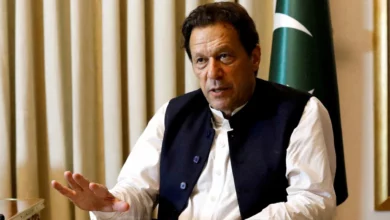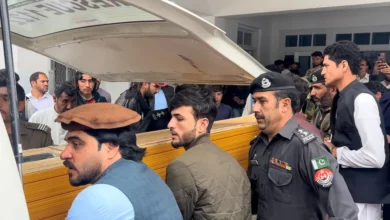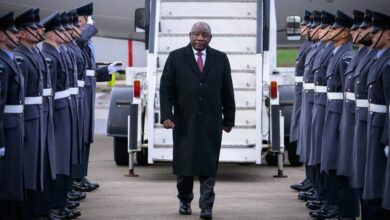Arab League Secretary General and presidential candidate Amr Moussa believes that he is a better candidate than Mohamed ElBaradei because he has lived in Egypt and understands the country.
“[Egypt] needs somebody who is part and parcel of it,” Moussa said in a wide-ranging interview with The Washington Post, an American newspaper. His statement echoes the main campaign against ElBaradei.
Responding to one of the main criticisms against Moussa – that at age 75, he is out of touch with the young generation that led the 25 January uprising – he said, “I believe that this country needs experience.”
Moussa served as foreign minister under Mubarak from 1991 to 2001, and many consider his time in the Mubarak government a stain against him.
The lifelong diplomat was cautious in criticizing the former president in his interview with the American newspaper. When asked if Mubarak was corrupt, Moussa said, “The prosecutor general will take that into serious consideration and tell the people of Egypt what happened.”
Mubarak, along with much of his inner circle of advisers, is currently under investigation on various corruption charges. Moussa also declined to say that he favors prosecuting Mubarak and instead urged further investigations.
Moussa said the biggest problem with the old regime was not corruption, human rights abuses or the repression of civil society, but “the issue of succession.” Many believed that Mubarak planned to install his son Gamal as Egypt's next president.
Moussa was also vague on whether the remnants of Mubarak's regime are responsible for inciting recent sectarian violence, a claim that many have made in recent days and that an anonymous security source told the Arabic edition of Al-Masry Al-Youm.
“The fact is that we do have a problem. I am sure that the majority of the population of Egypt would not like to see such a conflict based on religion or on sect,” Moussa said, without responding to claims about incitement. He said that the sectarian problems were a result of mismanagement under the previous regime.
The interview focused largely on foreign policy questions, with Moussa suggesting, as he has in the local press, that he will change the character of Egyptian relations with Israel without abdicating the 1979 peace treaty.
Egypt and the United States have had a close strategic partnership for more than 30 years, and American policymakers are concerned about this changing with Mubarak gone. Moussa said relations between the two countries should “continue to be solid.”
“But bear in mind that democracy is emerging,” he said. “It will not be a matter of a telephone call to one person that will give the answer 'yes' or 'no.'”




